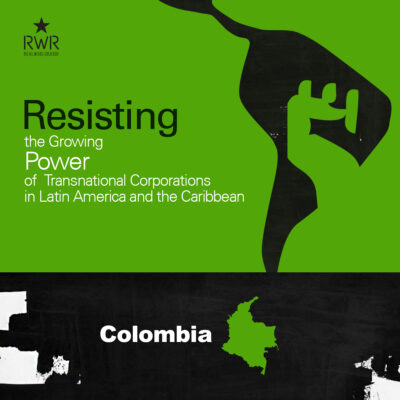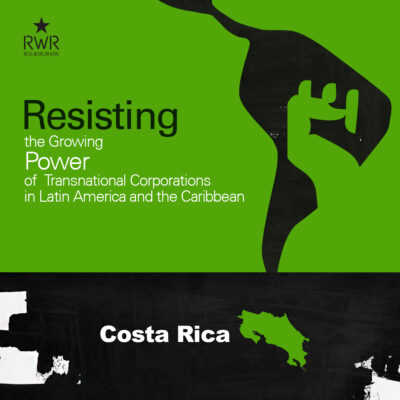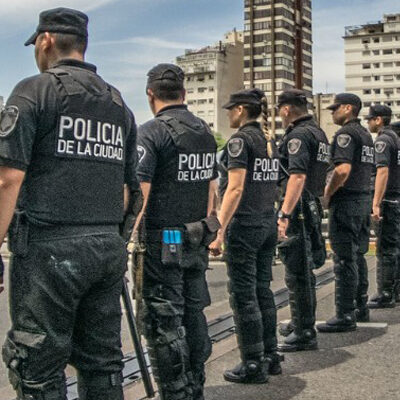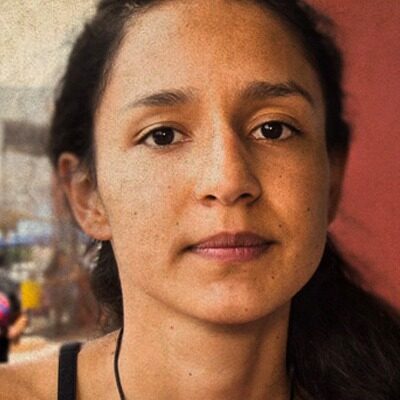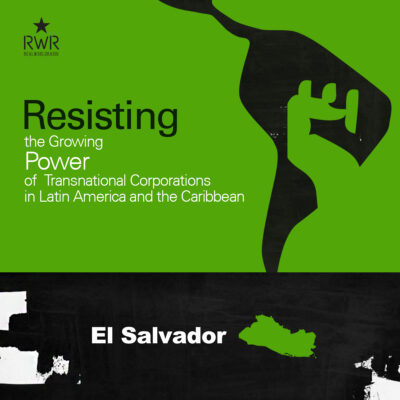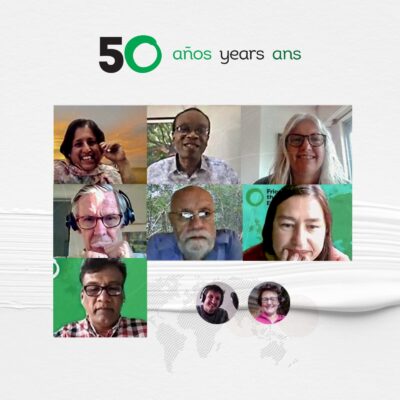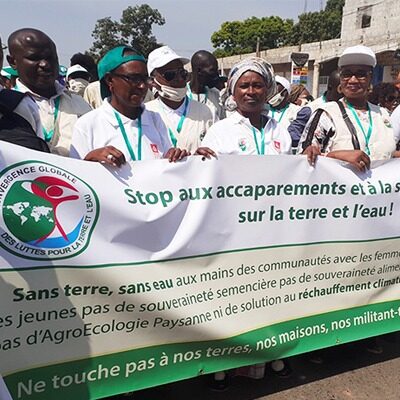
Linking alternatives: building peasant agroecology in Togo
Togo is one of the smallest countries in Africa and home to 8.6 million people. Since the shocks of the Covid-19 pandemic, increasingly extreme weather and recent food price rises, the state of food security in Togo has greatly deteriorated. In 2022, 1 in 5 people in the country don’t have access to or can’t afford enough healthy, nutritious food. Yet…




